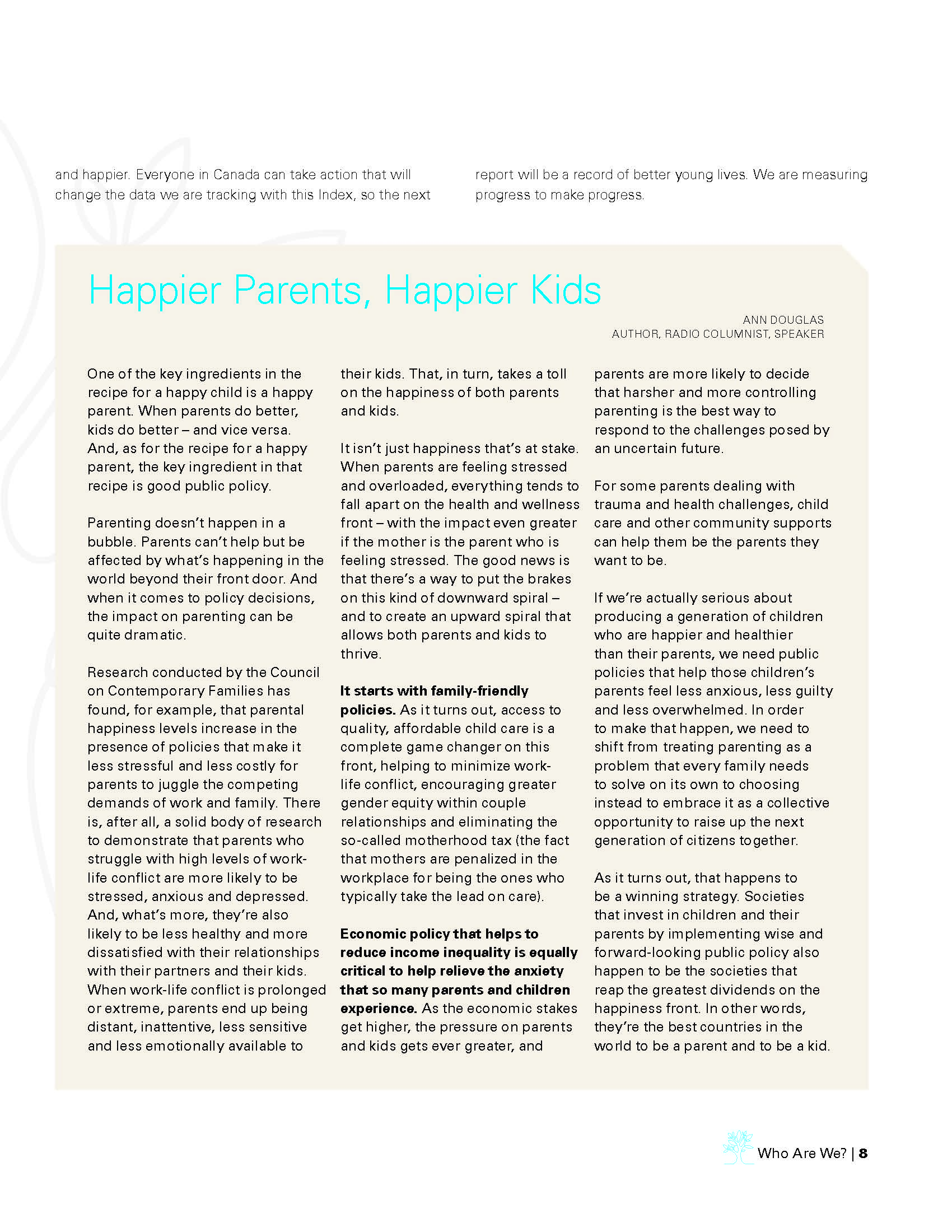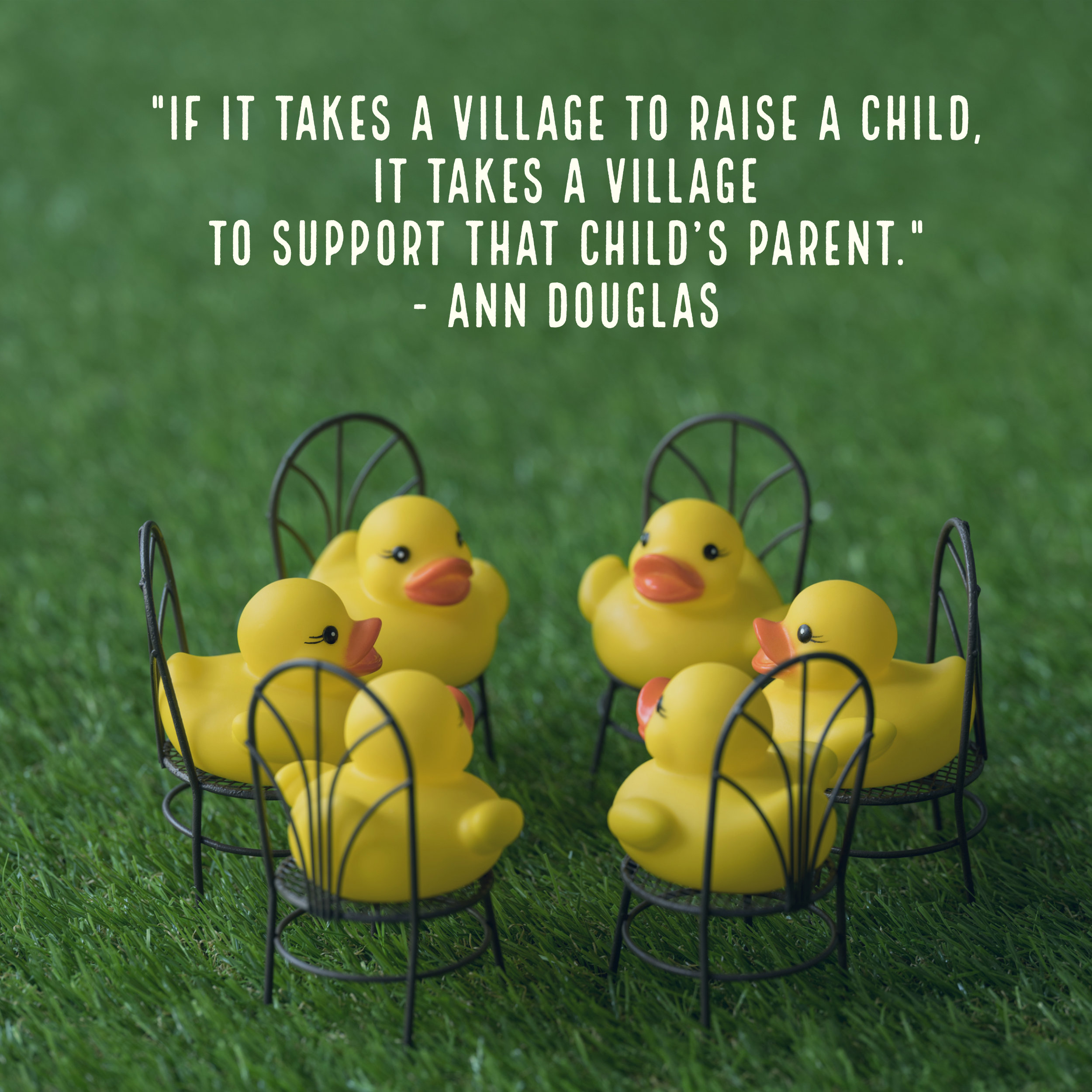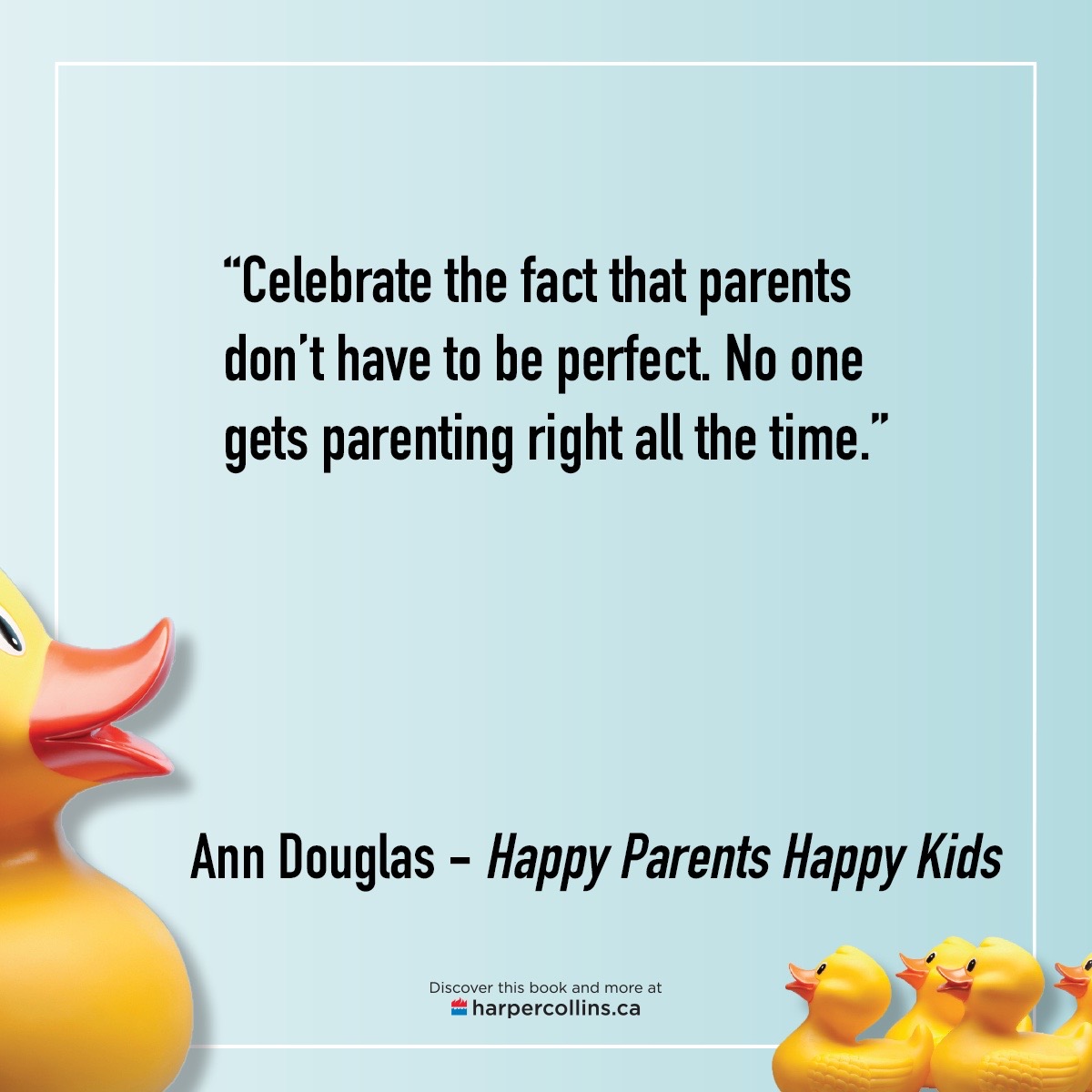Most of us have accepted the fact that social distancing is going to be our new normal for at least the foreseeable future. That doesn’t mean that we’re liking it (how’s that for an understatement!), but we’ve demonstrated our willingness to make some short-term sacrifices for the long-term good. In other words, we’ve stepped up by deciding to do the socially responsible thing — for ourselves, for our families, and for our communities. But it’s definitely not easy.
If you’re the parent of a teenager, you may have found the past few weeks exceptionally challenging. Not only has the public health advice about social distancing evolved significantly over time: there’s also been a lot of misinformation circulating online about what social distancing actually involves. It’s not about hosting a small get-together at your house or scheduling a lot of one-on-one get-togethers with friends. It’s about limiting the amount of face-to-face contact with other human beings: the exact opposite of what humans (and teens in particular) are wired to do.
Add to that the fact that your teenager is at a developmental stage where they’re likely to reject rather than welcome a lot of parental advice and, well, you can see that the struggle is real. You’re going to need strategies and patience—tons and tons of patience—to navigate these challenges with your teen. Here are a few tips on minimizing power struggles and maximizing your connection to one another.
Understand what teens crave most at this stage of their development: recognition for their growing autonomy. They’ll tune you out entirely if they feel like you’re talking down to them, telling them things they already know, or treating them like they’re little kids. So when you’re communicating with your teenager about the need for social distancing (which, by the way, public health authorities are now calling “physical distancing” in recognition of the fact that we don’t want to limit all social contact, just face-to-face contact), talk with them, not at them. Ask them what they’re hearing from friends and reading online and help them to make sense of all that information. Get them involved in solving the problem that is social distancing. Encourage them to come up with creative solutions for staying connected to their friends and finding meaning in this moment; and then ask what you can to support them in those efforts, like loosening up the normal family limits on smartphone use, for example.
Try not to overreact to any annoying behaviours your teen might be exhibiting right now. When people are under stress, they don’t always communicate their needs or manage their emotions in the most effective ways. (And, of course, this applies to parents as well as teens!) If your teen lashes out at you and says something nasty or rude, take a breath and give yourself a moment to choose how you want to respond. In other words, calm yourself—then calm your teen. When you feel like you’re ready to continue the conversation, challenge yourself to look beyond the annoying behaviour and to consider what your teen is actually trying to tell you. Ask yourself “What is really going on here and what does my teen actually need from me right now?”
Help your teen to process all the emotions they are likely to be experiencing. One of the most powerful things we can do to support another person is to validate their emotions, which simply means telling that person that their feelings make sense. Think of how great it feels when someone in your life does this for you. Instead of rushing in to solve your problem or offering a lot of unsolicited advice, they simply say, “I understand why you feel that way. That makes so much sense to me.” It feels so good to be seen, heard, and understood.
Don’t be afraid to make some tough calls when it comes to keeping your teen and the rest of the family and community safe. Your teen is counting on you to do this and will actually (grudgingly) acknowledge that you do have jurisdiction in this area. When I was researching my book Happy Parents, Happy Kids, I came across some fascinating research about this. Apparently, the very same teenager who tells you that you have absolutely no business offering them unsolicited advice about how to resolve a conflict with a friend or who will flip out completely if they think you’ve been snooping in their room will actually (grudgingly) listen to what you say if you’re doing the kind of thing that a parent is expected to do—like looking out for their health and wellbeing. You can use that information to your advantage, both for social good (encouraging social distancing) and for relationship good (by continuing to build upon the bond between you and your teen).
Try to keep your big-picture parenting goals in mind.
Keep your big-picture parenting goals in mind. At some point, we’re going to come out the other side of this emergency. And, when we do, we want our relationships with our kids to be as strong and healthy as possible. So as you’re making parenting decisions during this extremely challenging time, try to keep your big-picture parenting goals in mind. Ask yourself what memories you want your teen to carry with them from this moment. Maybe you want them to remember that they were able to turn to you for support and encouragement at a time when they were feeling uncertain and afraid. Maybe you want them to remember the way you validated their emotions and acknowledged how hard this is—for them and for you. Maybe you want them to remember the way you helped them to hold on to a sense of hope and to look for opportunities to stay connected to and to make a difference for others. And maybe you want them to remember times of fun and laughter—random, unscripted moments that helped to buoy everyone’s spirits. Reflecting on those kinds of hopes and dreams will make it easier for you to parent in a way that you can feel good about, both now and for many years to come.
Give yourself permission to be a gloriously imperfect parent. You’re going to make mistakes—and you can get your relationship with your teen back on track. Treat yourself with kindness and remember to extend that same spirit of kindness to your teen. Self-compassion and a willingness to do the hard work of relationship repair mean everything at a time like this. Parenting is ultimately about empathy—recognizing that it’s hard to be the parent and it’s hard to be the kid. And right now, everything is so much harder than usual. But we can get through these tough times and so can our teens—and we can emerge stronger and more connected than ever before when we finally come out the other side.
Ann Douglas is the author of numerous books about pregnancy and parenting including, most recently, Happy Parents, Happy Kids and Parenting Through the Storm. She is also the weekend parenting columnist for CBC Radio. During the pandemic, she is volunteering to host and co-host a series of free online events for parents, in partnership with other leading parent and child health organizations.









